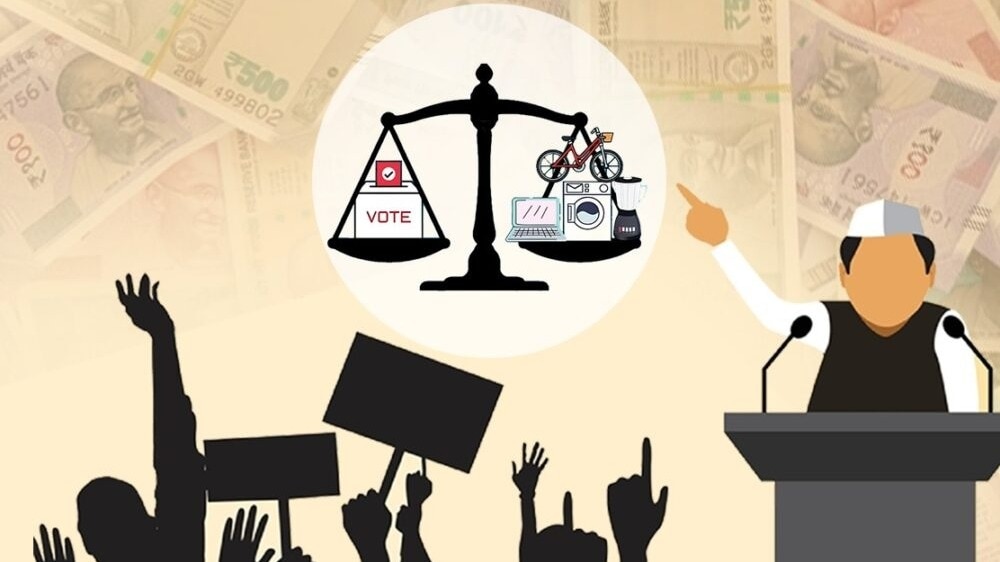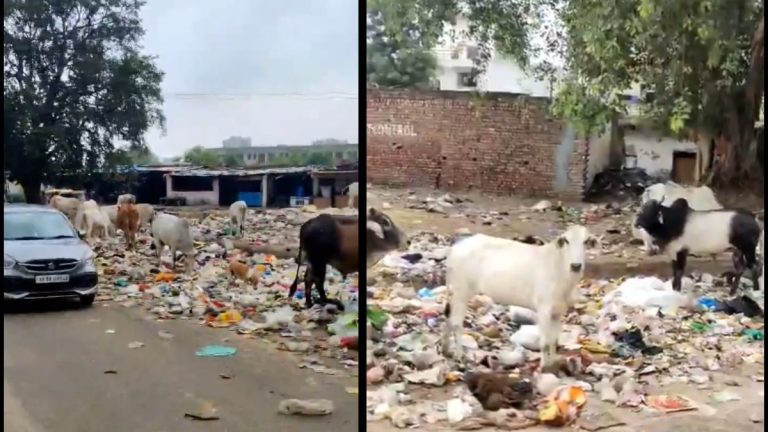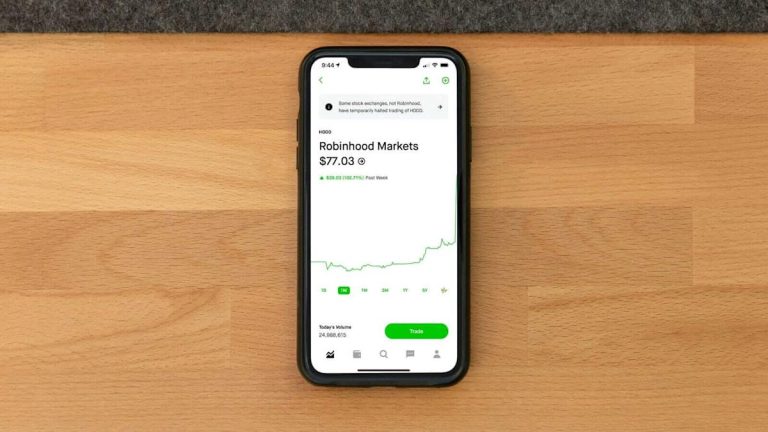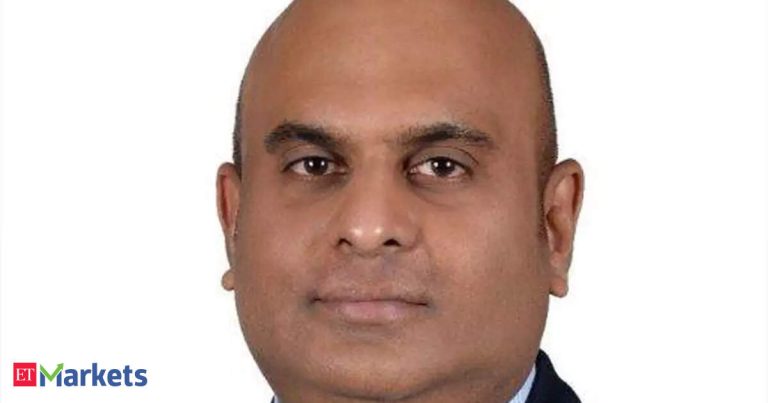India’s economic tug-of-war between fostering GDP growth and doling out freebies is no longer a policy debate confined to bureaucrats — it’s playing out publicly across social media and influencing voter sentiment.
At the heart of this debate lies a stark choice: Should governments drive long-term growth by investing in infrastructure and innovation, or should they prioritise short-term populism with giveaways that win votes but potentially weaken economic fundamentals?
Critics warn that an overdependence on subsidies and handouts hampers fiscal health and stunts productivity. Advocates counter that such welfare measures are necessary lifelines for the underprivileged. But when electoral strategies lean too heavily on freebies, the broader goal of building a resilient, self-sustaining economy risks getting derailed.
Akshat Shrivastava, founder of Wisdom Hatch, joined the growing chorus questioning the economic soundness of India’s freebie culture. Taking to X (formerly Twitter), he called out the inefficiency masked as generosity.
“Option 1: You are not accounting for the cost of inefficiency. Every time the government decides to give a free mixer grinder, they are destroying wealth,” Shrivastava wrote. “How? Because to pay for that mixer grinder, they have to tax a competent person more. Or devalue their savings by printing more money (what they do currently).”
In contrast, Shrivastava argued for what he called “increasing the size of the pie”—or spurring genuine growth. “When you are producing things of value, it leads to growth. And, the existing debt would be deflated away due to real increase in productivity. In corporate finance: this is called efficient capital allocation. Government is horrid at this,” he said.
Shrivastava’s comments came in response to a user who outlined two contrasting approaches to GDP growth: one relying on redistribution through taxation and freebies, and the other driven by entrepreneurship and innovation.
“1) You pay taxes and the government spends on freebies. That person later spends that money to help the GDP.
2. The other person builds a startup, provides jobs and creates products/services that more people would love to buy/use.
GDP is a function of the velocity with which money flows (not considering money printing — I am taking constant supply of money). More the velocity of money, more the tax the government gets. Now tell me which option you would choose,” the user wrote.







